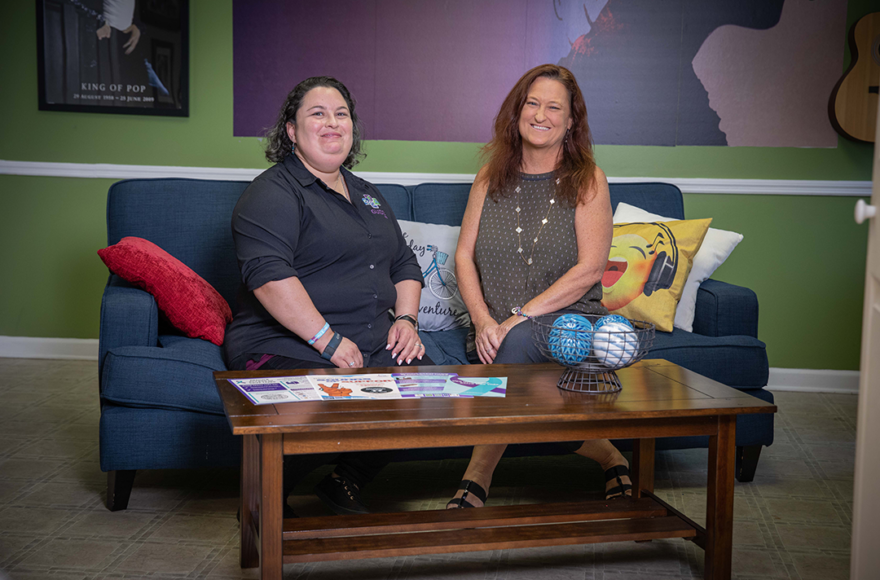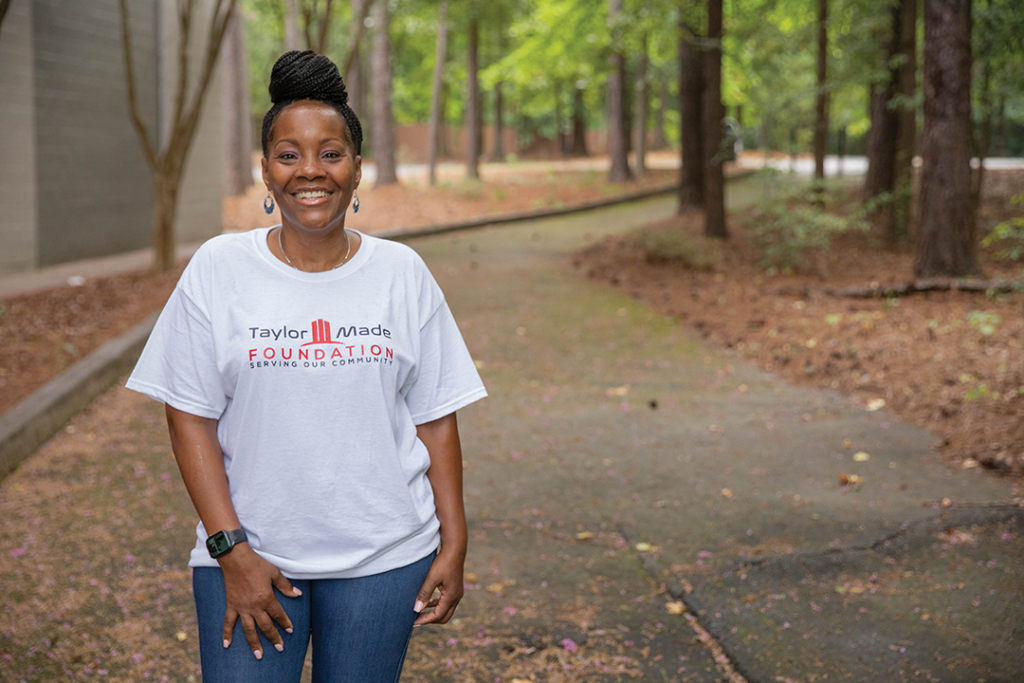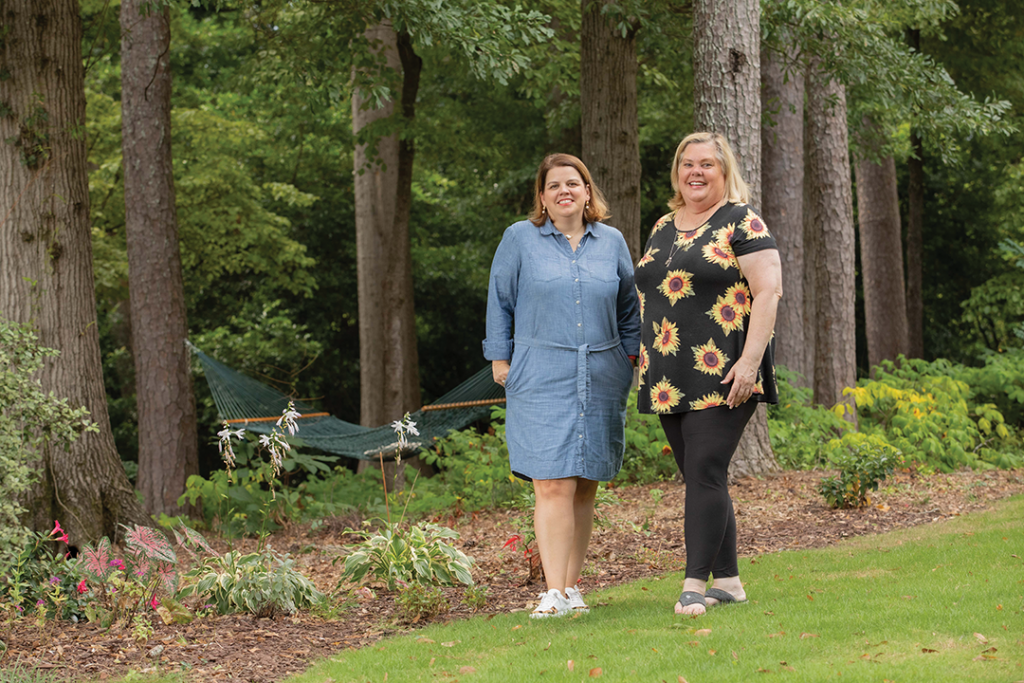The Newton-Rockdale Suicide Prevention Coalition addresses a hypersensitive subject with committed teamwork, cross-community networking and honest messaging. Those behind its efforts strive for a future untouched by self-inflicted death.

Suicide ranks as the third-leading cause of death among people, ages 10 to 34, with someone committing the act approximately every 11 minutes in the United States. Such startling statistics motivate Jennifer Wilds to fight for the lives of her fellow man.
“It can impact anyone,” said Wilds, who chairs the Newton-Rockdale Suicide Prevention Coalition. “Suicide is not specific to one population.”
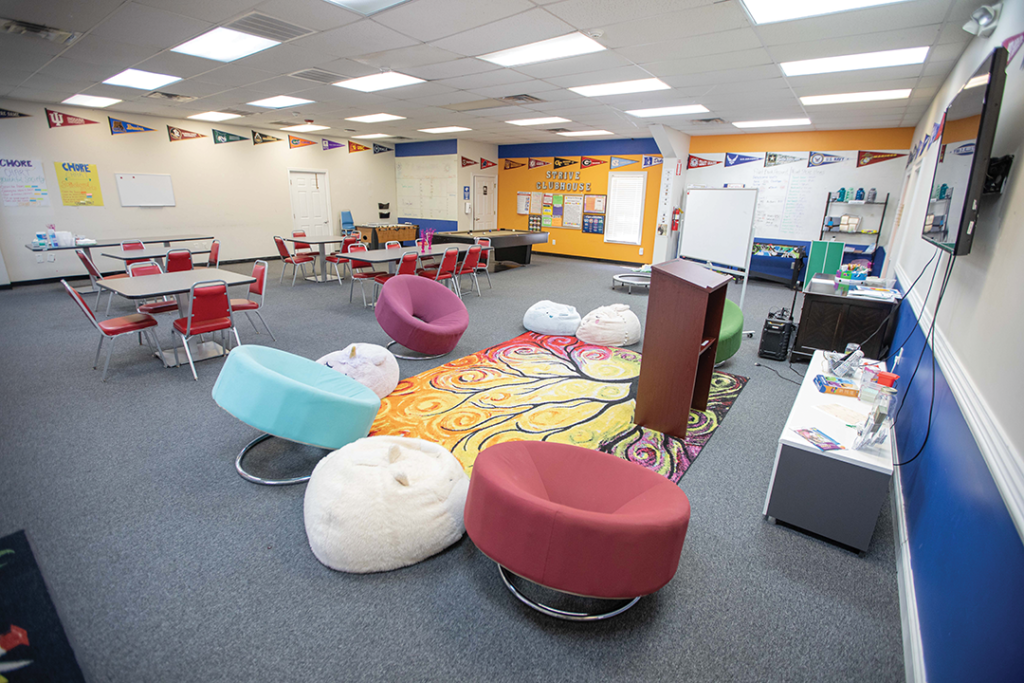
The coalition brings together a group of individuals and organizations that point their communities toward having zero suicide deaths. Partners hold events in support of one another, fundraise, conduct training and address the subject at churches and schools, sharing information about suicide and the efforts of their organizations with the public.
“We know that this work is comprehensive and overlaps the [efforts] of some of our partners,” said Wilds, who represents View Point Health—which aligns itself with the coalition—as a program manager in intensive and prevention services in Newton, Rockdale and Gwinnett counties. “Crisis response, domestic violence, child abuse, parenting and families are all very interconnected. We support their missions, and they support us.”
“It can impact anyone. Suicide is not specific to one population.”
Jennifer Wilds
Wilds’ involvement with the coalition dates back to January 2014. However, suicide had impacted her through the loss of a cousin in 2012 and did so again through the death of another cousin in 2016. The subject hits close to home.
“They were both middle-aged men, both successful,” Wilds said. “They both had opportunities ahead of them, and that made me learn about different people who are at high risk. That became part of my healing journey. If I can help one person at an event, it makes it all worthwhile.”
The coalition operates on state, federal and private grants through View Point Health, individual donations and monies brought in from fundraisers. It provides assistance and resources for individuals and families, along with interconnectedness to those who may need help. Mental health issues impact the entire spectrum of society, not just first responders, veterans and adolescents.
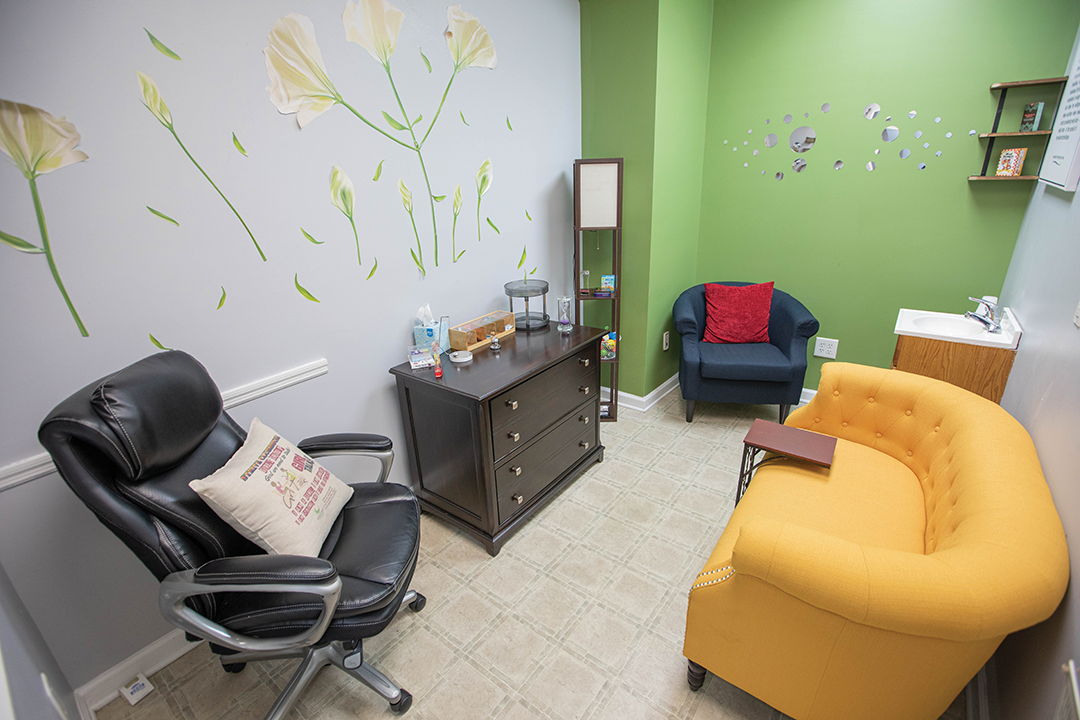
“It touches everybody,” said Amira Abdulhafid, program director over suicide prevention at GUIDE, Inc., one of the organizations that has linked arms with the coalition. “It doesn’t discriminate.”
Anyone who contacts the coalition will be put in touch with local resources, depending on factors like age, need and insurance. Volunteers are not therapists, so Wilds suggests that those who desire immediate help connect with the Georgia Crisis and Access line by dialing 988, at which point they can then speak to trained behavioral health professionals or procure a mobile response team. Dialing 911 remains an option, as well, especially in cases involving a weapon or medications.
“We do have law enforcement officers who are trained in mental health,” Wilds said. “Some go through 40-hour training in Rockdale and Newton counties.”
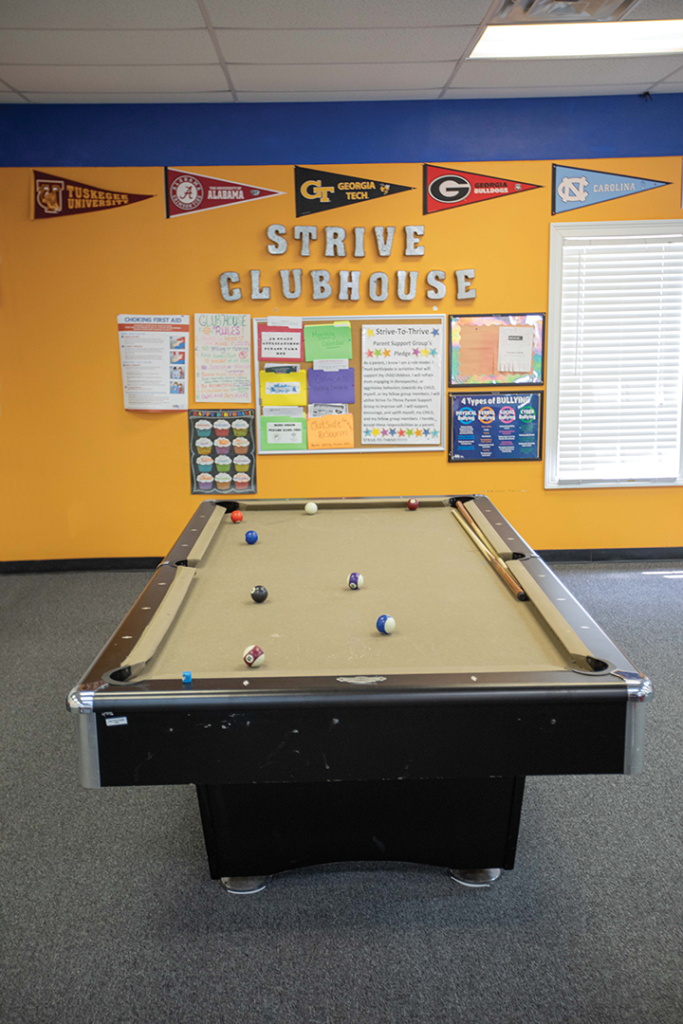
Students can assist with school events through the youth action teams at the Drug Free Coalition, creating and handing out flyers or simply talking to classmates about suicide prevention messaging.
“It’s peer-run and peer-driven—peers talking to peers and talking about the issues in our community,” said Wilds, who holds degrees in psychology and elementary education from the University of Denver. “It’s so much better hearing from them than from me, [someone] who isn’t in school with them every day.”
According to the 2020 Georgia Student Health Survey 2.0, 6.5% of Newton County middle school students and 7.1% of high school students attempted suicide at least once in the previous 12 months. The Georgia National Violent Death Reporting System showed that 15% of the state’s youth suicides in 2019 resulted from poisoning; opiates were found present in 1% of the suicide deaths, while 13% were unknown or untested. There were 67 youth suicides in Georgia between January and November 2021.
“I would love to see our young people feel supported and for them to be able to get the strength and opportunities they need to grow and fulfill their destiny,” Wilds said. “I would like everybody to have hope for their own futures and be able to put themselves out there when somebody is hurting.”
Volunteers, funding and supplies are always in demand. Wilds and Abdulhafid also want to link various groups in Newton, Rockdale and Gwinnett communities to the coalition to ensure most everyone has a possible anchor point, from those in the construction industry to students, retailers, healthcare workers and members of the LGBTQIA+ and deaf/hard of hearing communities, just to name a few.
“It’s important that the community comes together,” Abdulhafid said. “If we work together for the same goal, we can have a broader reach. It can just take asking people if they’re OK to change their life trajectory.”
For information on the Newton-Rockdale Suicide Prevention Coalition and GUIDE, Inc., visit www.zerosuicidecommunities.com or www.guideinc.org.
Click here to read more stories by Michelle Floyd.

